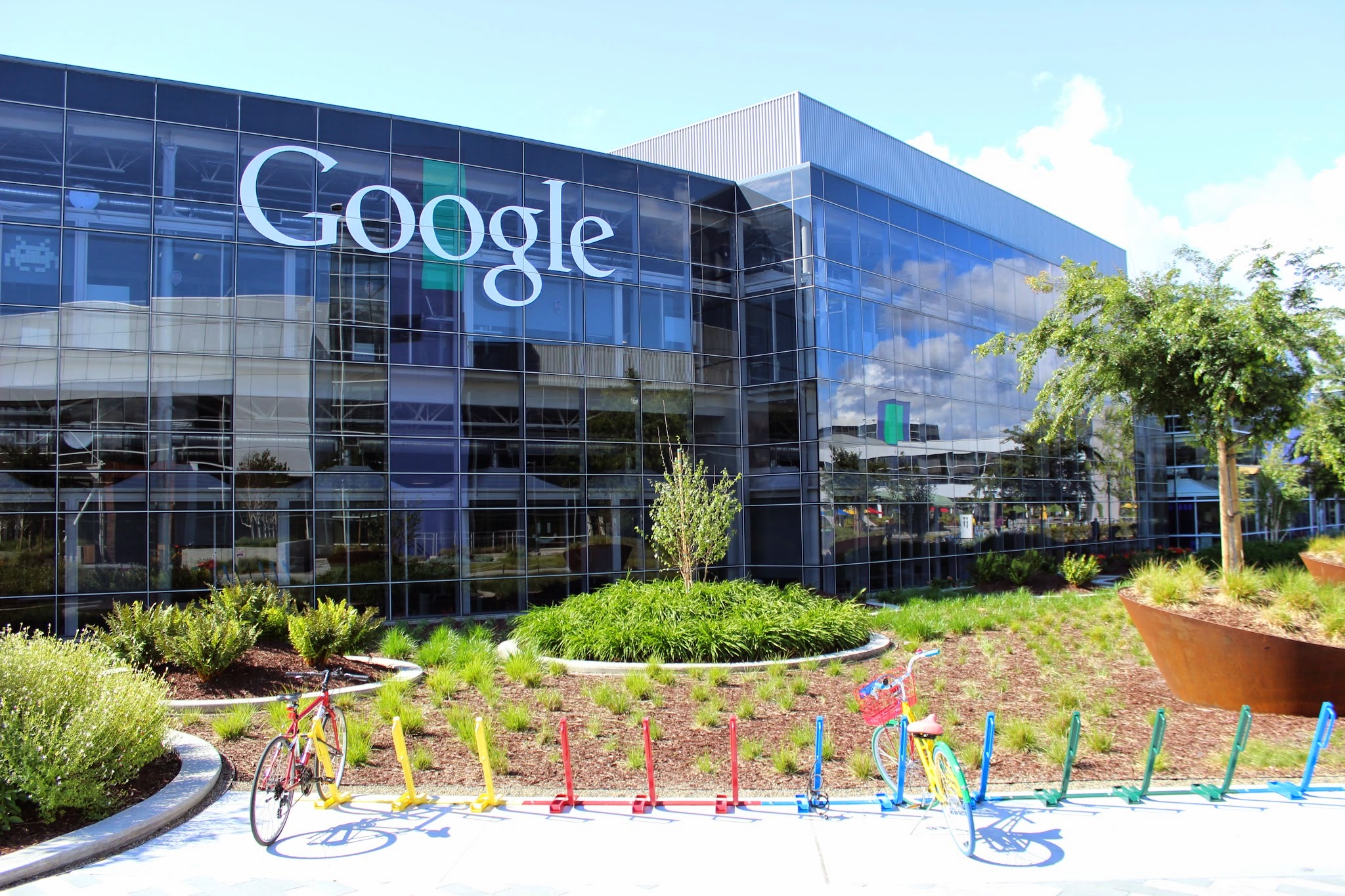Will Google’s wearable be a clinical trials game-changer?

A new wearable device, designed to track patient data as part of clinical research, is being developed by Google.
The announcement from the US technology company is big news for the field of wearables, and for the pharmaceutical industry, as it could be a 'game-changer' for both fields.
What makes the device different to rival existing wearable devices is that it won't be marketed as a consumer device – but will be targeted directly at the clinical research market.
In order to be good enough to be used in clinical trials, the device will, however, have to overcome problems experienced by other wearable devices, such as the Fitbit and Apple Watch, which have problems with reliability in recording some data.
There are also doubts that individual consumers will be able to keep collecting data over a long period, analyse and act on it without assistance from a health professional.
Google's head of life sciences Andy Conrad told Bloomberg news yesterday:
"Our intended use is for this to become a medical device that's prescribed to patients or used for clinical trials."
The device is still under development, but aims to measure pulse, heart rhythm and skin temperature, as well as environmental data, such as light exposure and noise levels.
In aiming to be a fully-fledged medical device, it will have to pass rigorous US FDA tests – but Google is clearly betting that this seal of approval will eventually confirm it as the best wearable in the field.
If successful, the Google device could open up the potential for greater clinical trial data capture, especially in the field of 'real-world data'. However, it will not, of course, eliminate the need for the blood tests and scans routinely used in trials, so the pharma industry will be wary of hype around wearables revolutionising trials.
Nevertheless, most major pharma companies understand that wearables will play an integral role in the future of health and health monitoring. Wearables could help to spot emerging signs of ill-health in vulnerable patients, and collect long-term health data to prove the value of their medicines.
Conrad said he could see the day "in 20 or 30 years, where physicians give it to all patients...prevention means all the time."
One company taking a particularly proactive approach in the field is Novartis, which has licensed its 'smart' contact lens drug delivery system from Google. The special lens is being developed as a way of measuring glucose levels in the tears of people with diabetes, readings of which would then be communicated wirelessly to a mobile device.
If Google can take a lead in the wearables field, it could also give it a strong presence in the field of health data – however issues of privacy and data ownership are major obstacles (along with data validation and analysis) that need to be overcome for the potential of the technology to be realised.
The device is being developed in the firm's Google X division, and trials of the technology will begin over the summer.
Related articles










